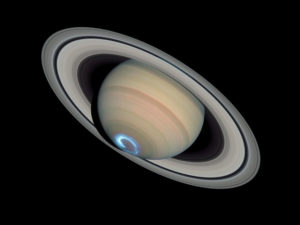 Frank Gonzalez, Conflict Management and Resolution Manager in the Office of Equal Opportunity and Diversity Management, offers these thoughts as we enter the holiday season. Thank you, Frank!
Frank Gonzalez, Conflict Management and Resolution Manager in the Office of Equal Opportunity and Diversity Management, offers these thoughts as we enter the holiday season. Thank you, Frank!
Holiday Season?
Every year, just prior to Thanksgiving, the United States begins what people call the “Holiday Season.” When asked what this means, many will refer to Thanksgiving, Christmas, and New Year’s, and often throw in Hanukkah as the holidays of the season. In reality, there are many more religious and secular events at this time of the year.
For example, Bodhi Day is observed by Buddhists on December 8, celebrating the day that Siddartha Guatama experienced enlightenment and became the figure we know as the Buddha. Many Hindus celebrate Pancha Ganapati from December 21 to 25 honoring Lord Ganesha, Lord of culture and new beginnings. Many Pagan faiths celebrate the Winter Solstice (Yule, Yalda). The Hopi and Zuni celebrate Soyal at the Solstice, as well. Dongzhi festival is another Solstice festival in in parts of Asia. Kwanzaa begins December 26 and ends on January 1. In addition, there are many more observances besides these.
One thing to note is not all Christians who celebrate Christmas do so in December. The Orthodox Churches, as they remained on the Julian calendar for the religious holy days, celebrate on January 7. Moreover, there are devout Christians who do not celebrate Christmas at all.
As we at NASA look to be inclusive of all our team, look to celebrate with each other and have your holiday parties or celebrations share and bring your NASA family together.
If we look, we find the holiday season is twelve months long. The year is full of holidays and celebrations both religious and secular as shown by just one Wikipedia page.
We all have our favorites (I am partial to 4 May and 13 August despite no special food for these days!), and they are a great opportunity to learn about other traditions and share some fun times.
